1200 Calorie Meal Plan: What Actually Happens to Your Body (And Mind) When You Go This Low
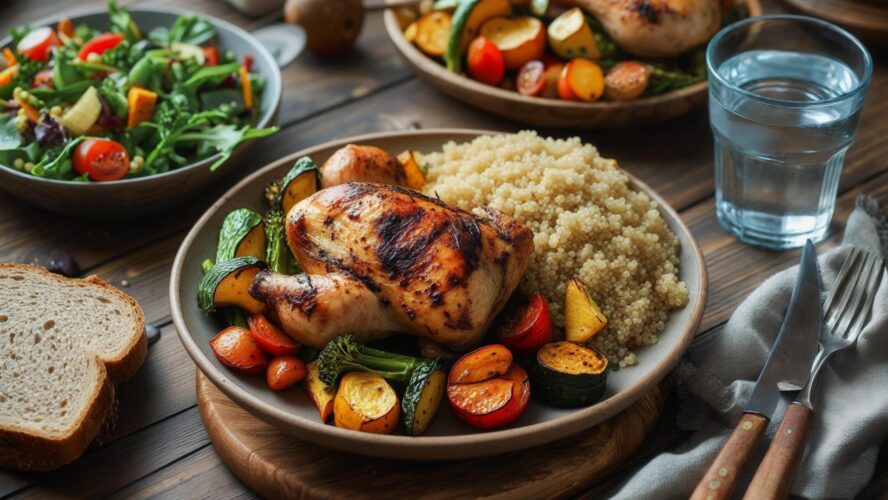
I used to think 1200 calories sounded totally doable. I mean, how hard could it be? Turns out, I had no idea what I was signing up for. Given that the average woman requires approximately 2,100 calories to maintain a healthy weight, according to nutrition experts, a 1200-calorie restriction represents a significant 43% reduction in daily intake that triggers profound physiological and psychological changes most people aren’t prepared for. If you’re considering this path, here’s what I wish someone had told me upfront.
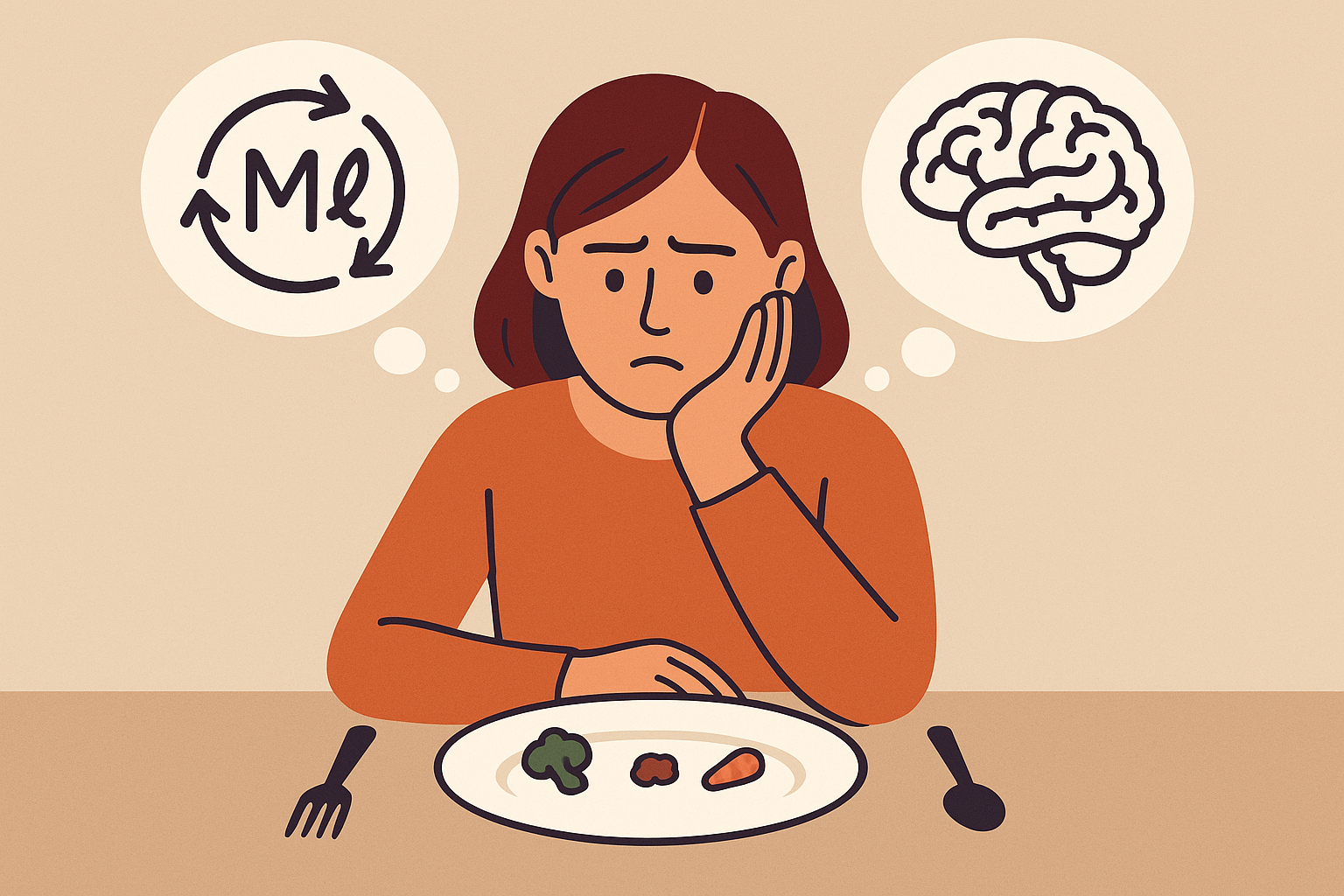
Table of Contents
- The Hidden Metabolic Storm Your Body Creates
- Your Brain on Extreme Restriction: The Neuroscience Nobody Talks About
- How Social Life Gets Complicated When You’re Counting Every Calorie
- Making It Work: A Reality-Based Implementation Guide
TL;DR
- Your metabolism doesn’t just slow down—it goes into full survival mode and can drop your daily calorie burn by up to 40%
- Severe restriction literally rewires your brain’s reward system, creating obsessive food thoughts and making everything feel like a crisis
- The social cost is real: you’ll find yourself avoiding gatherings, feeling isolated, and having awkward conversations about food at every meal
- Success requires getting the most nutrition possible from every calorie, planned refeed days, and a clear exit strategy to prevent your metabolism from staying broken
- Most people need professional guidance and blood work monitoring because you literally cannot get all essential nutrients from 1200 calories of food
The Hidden Metabolic Storm Your Body Creates
When you drop to 1200 calories, your body doesn’t just accept the restriction—it launches a full-scale rebellion that affects every major system. This isn’t simple weight loss; it’s like your body thinks you’re in a famine and starts making emergency adjustments to keep you alive.
I’ve watched countless people start their 1200 calorie meal plan feeling confident and motivated, only to hit a wall three weeks in when their body starts fighting back. The confusion and frustration are real because nobody warns you about the biological war that’s about to unfold inside you.
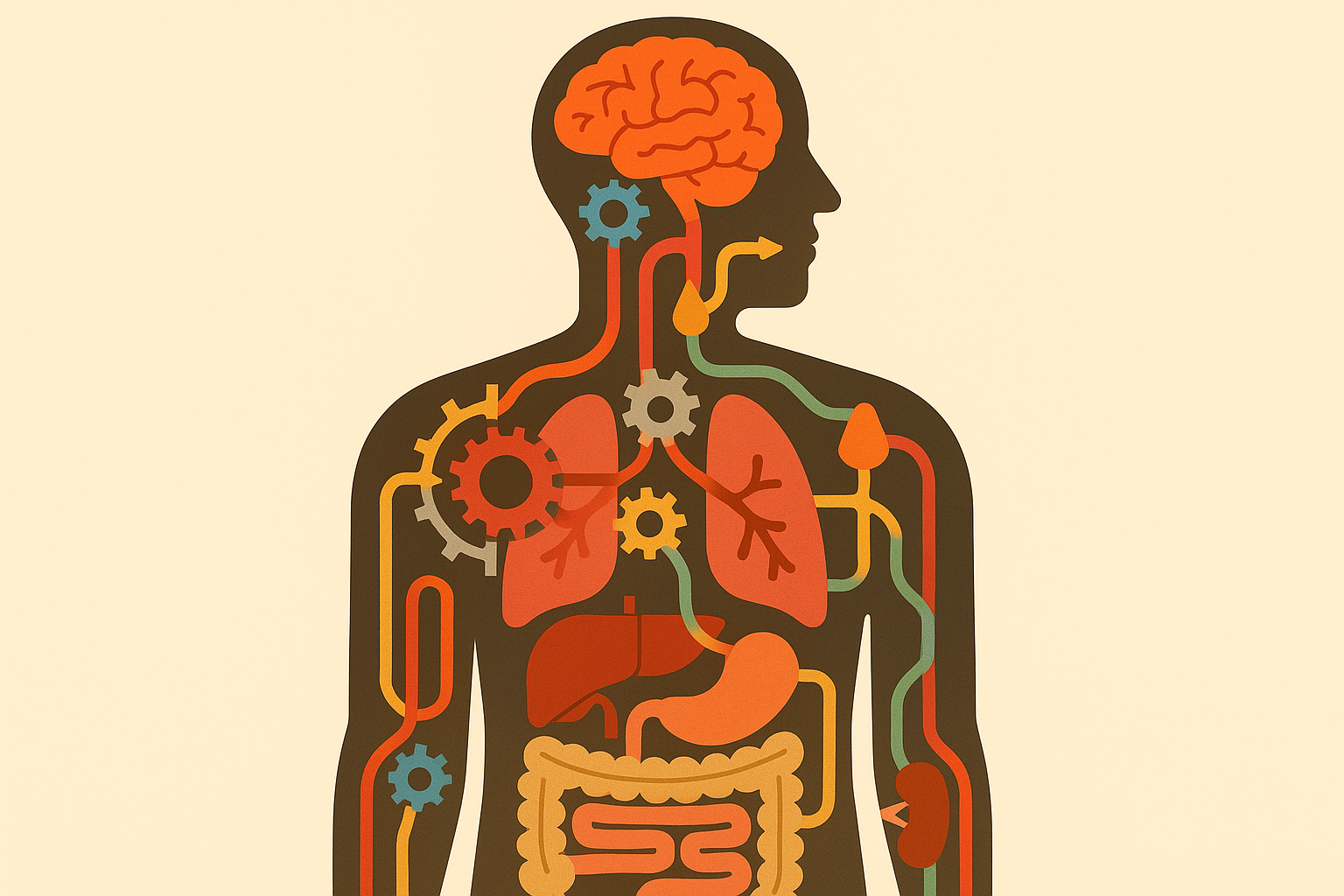
Your Body’s Survival Mode Kicks Into High Gear
Think of your metabolism like a phone trying to conserve battery. When it hits 20%, it automatically dims the screen, turns off background apps, and does everything possible to keep running. Your body does the same thing with calories.
Within weeks of severe restriction, your metabolic rate can plummet by 15-40%, meaning you’re burning hundreds fewer calories per day than expected. This isn’t just about losing weight slower—it’s about your body fundamentally changing how it operates to preserve energy and keep you alive.
I’ve seen people eating 1200 calories and wondering why they stopped losing weight after a month. Your body is smarter than any diet plan. It starts shutting down non-essential functions, reducing body temperature, making you fidget less, and even changing how efficiently your organs work.
Understanding how intermittent fasting affects women can provide valuable context for why extreme restriction impacts female metabolism so dramatically, as both approaches trigger similar hormonal responses.
| Metabolic Adaptation Timeline | What’s Actually Happening | Calorie Burn Reduction |
|---|---|---|
| Week 1-2 | Initial water weight loss, your body thinks this is temporary | 5-10% |
| Week 3-4 | Your thyroid starts getting the memo that food is scarce | 15-20% |
| Week 5-8 | Full survival mode activated, muscle starts disappearing | 25-35% |
| Week 9+ | Your body has officially given up on normal function | 35-40% |
When Your Brain Stops Hearing “I’m Full”
Here’s where it gets cruel: the more fat you lose, the hungrier you become. Leptin, the hormone that tells your brain “we’re good on food,” drops dramatically during severe restriction. It’s like your hunger signals get turned up to eleven just when you’re trying to eat the least.
You’re doing everything “right” but feeling like you’re fighting your own biology. That’s because you literally are. Your brain interprets the drop in leptin as a famine situation, cranking up hunger signals and slowing metabolism even more.
Sarah, a 32-year-old teacher, started her 1200-calorie plan feeling confident and motivated. By week three, she found herself thinking about food every 20 minutes, planning her next meal while eating her current one, and having actual dreams about pizza. Her leptin levels had dropped by 60%, making her brain believe she was starving despite losing 8 pounds. This wasn’t willpower failure—it was biology doing exactly what it’s designed to do.
Your Stress System Goes Completely Haywire
Living on 1200 calories is like living in a constant state of emergency. Your stress response system stays activated 24/7, which means everything feels more intense, more urgent, more overwhelming.
What starts as your body’s way of accessing stored energy becomes a chronic stress state. You might notice you’re more irritable, sleeping poorly, or getting sick more often. That’s cortisol doing what it thinks is best for survival, even though it’s working against your goals.
Initially, cortisol helps mobilize stored fat, but eventually it becomes destructive, promoting muscle breakdown and stubborn belly fat storage. It’s like having a helpful friend who doesn’t know when to stop helping.
Your Thyroid Basically Takes a Nap
Your thyroid hormone production can drop by up to 50% during prolonged 1200-calorie restriction, creating a metabolic slowdown that can persist for months after returning to normal eating. This isn’t temporary—your thyroid function can remain suppressed long after you’ve stopped restricting.
This is the part that really gets people. You finish your diet, start eating normally again, and suddenly gain weight rapidly. It’s not willpower—it’s your sleeping thyroid struggling to wake up while your appetite returns to normal.
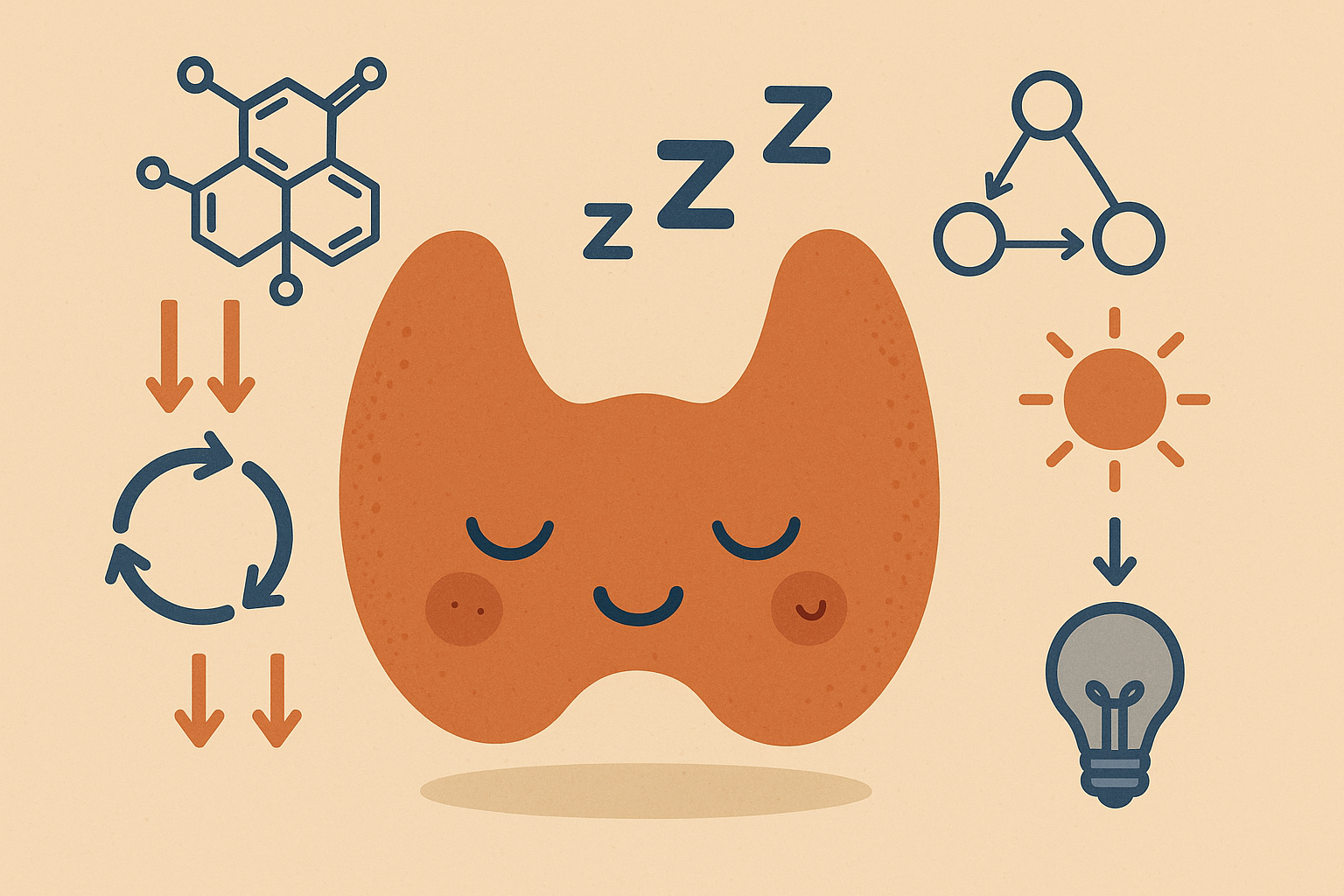
The Nutrient Crisis Nobody Warns You About
You can’t fit everything your body needs into 1200 calories. I don’t care how perfectly you plan your meals—something’s going to be missing. The question isn’t whether you’ll develop deficiencies, but which ones will show up first and how they’ll mess with you.
Meeting all essential nutrient needs within 1200 calories is mathematically impossible for most people. These deficiencies often develop silently, with symptoms appearing weeks or months into the restriction, affecting everything from your energy levels to your ability to think clearly.
Research shows that experts recommend a minimum of 14 grams of dietary fiber per 1,000 calories consumed, which means a 1,200-calorie diet should include at least 17 grams of fiber daily, yet many restrictive meal plans fall short of this basic requirement. Source: Healthy for Life Meals
While many focus on macronutrients, understanding which supplements you should take daily becomes crucial when following a restrictive eating plan that can’t provide adequate nutrition from food alone.
The Thyroid Mineral Shortage
Your thyroid needs selenium, iodine, and zinc to function properly, but they’re found in foods that often get cut when you’re trying to maximize volume and minimize calories. Without them, your already struggling thyroid gets even more sluggish.
These three minerals work together like a team, and when one’s missing, the whole operation falls apart. It’s like trying to bake a cake but leaving out the eggs—technically possible, but the results aren’t pretty.
B-Vitamins: When Your Energy Factory Shuts Down
B12 goes first, then folate, then B6. You’ll feel it as crushing fatigue that sleep doesn’t fix, difficulty concentrating, and mood swings that seem to come out of nowhere. Your cells literally can’t produce energy efficiently without these vitamins.
Each B-vitamin plays a specific role in converting food to energy, and deficiencies create a domino effect. It’s like having a factory assembly line where workers keep calling in sick—eventually, nothing gets produced properly.
Your Internal Clock Gets Completely Confused
When you’re eating so little, when you eat becomes crucial. Your body expects certain nutrients at certain times to maintain its internal rhythm. Mess with that timing, and you’ll mess with your sleep, energy levels, and hormone production.
Eating the same 1200 calories at different times of day can produce dramatically different results. Your body’s ability to handle carbohydrates varies significantly throughout the day, with morning being optimal and evening being problematic for most people.
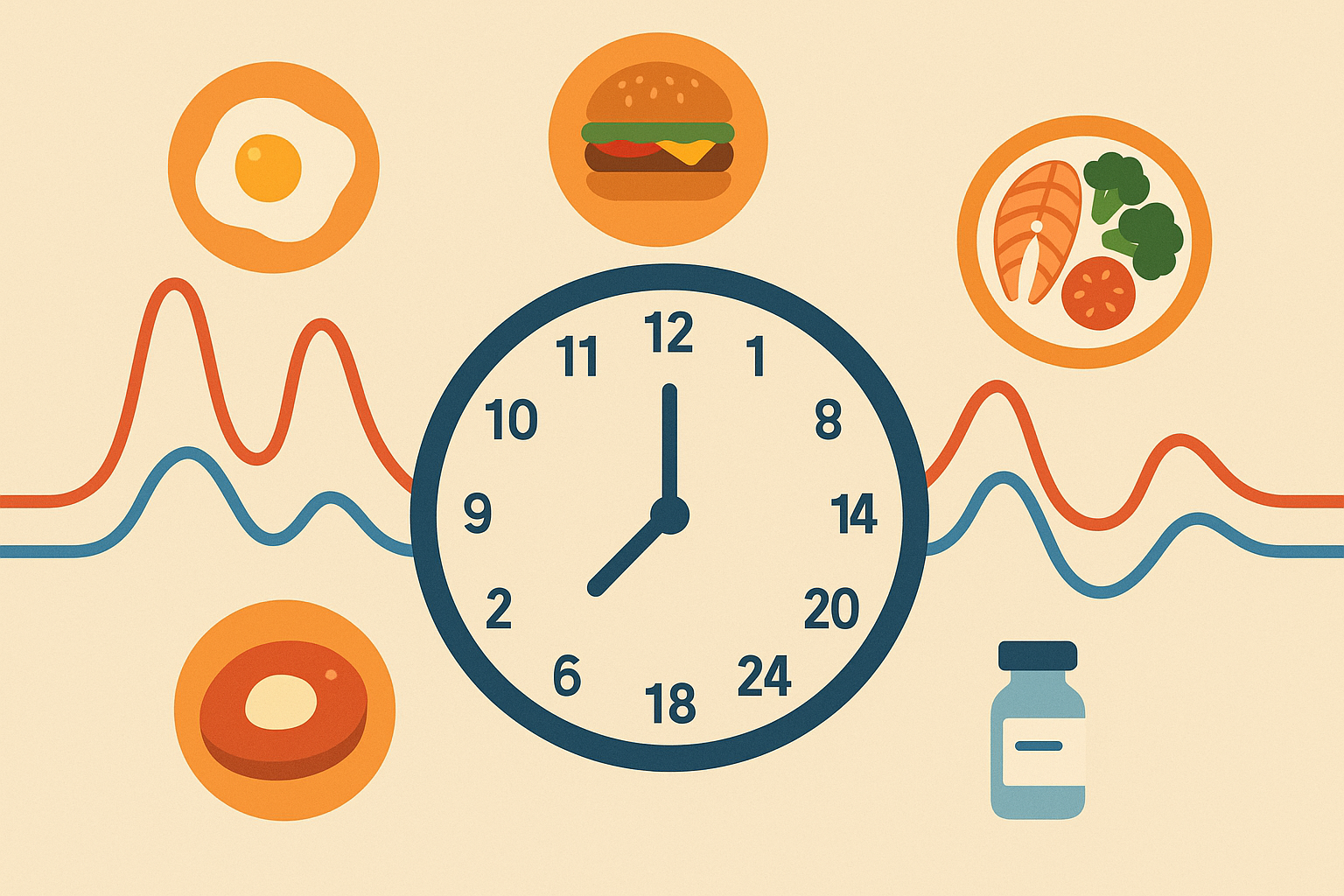
Your Brain on Extreme Restriction: The Neuroscience Nobody Talks About
Look, I’m going to be straight with you about what happens in your head when you’re living on 1200 calories. It’s not pretty, and it’s definitely not something you can just “mind over matter” your way through.
Your brain literally starts rewiring itself when you restrict this hard. I’m not talking about willpower or motivation—I’m talking about actual changes in how your neurons fire and connect. It’s like your brain decides food is more important than your job, your relationships, or pretty much anything else in your life.
The brain changes that happen during extreme restriction aren’t temporary inconveniences—they’re fundamental rewiring that can affect how you think about food for months or even years afterward. I’ve seen people who completed their restrictive diets successfully but still struggle with food obsession two years later.
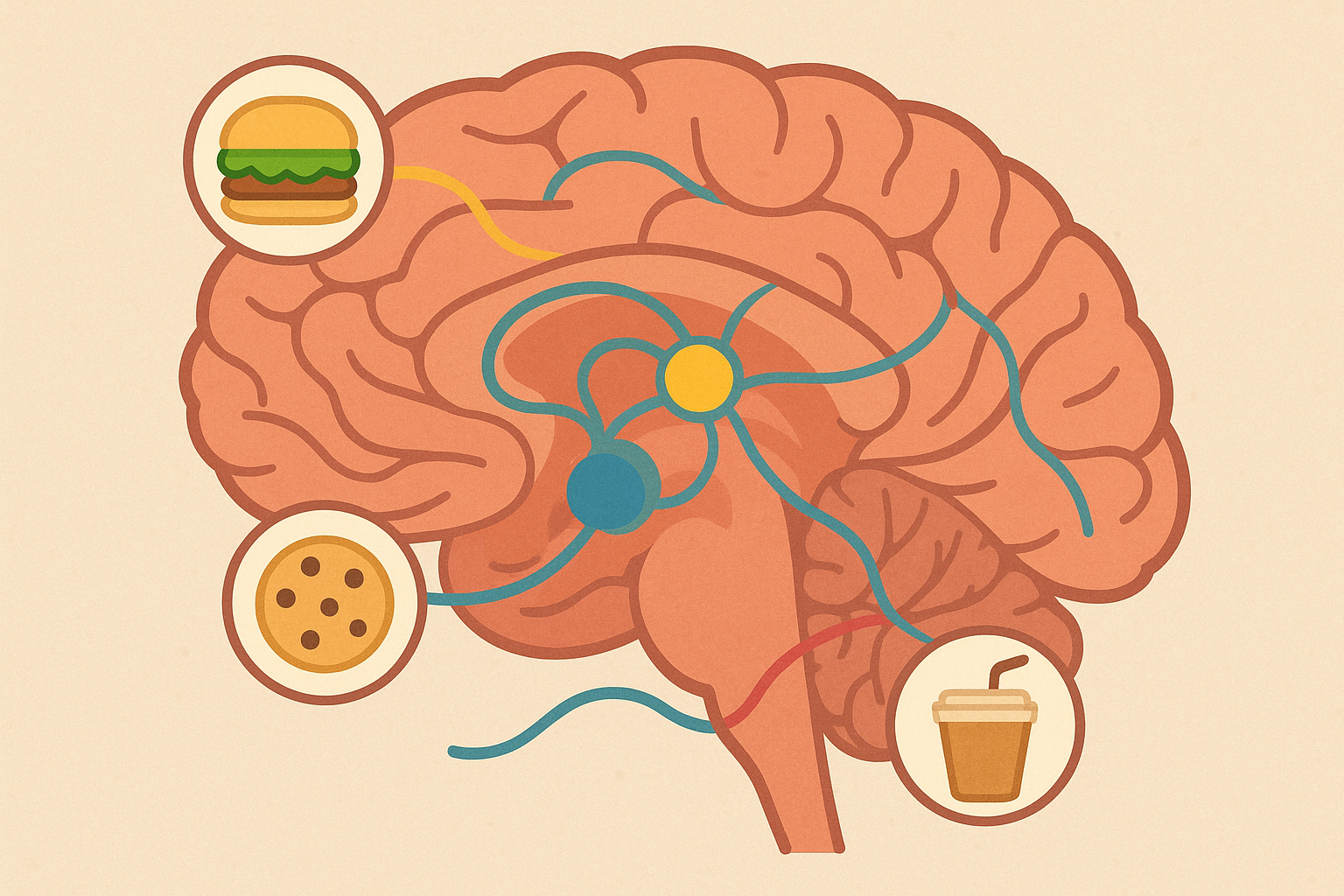
When Food Becomes Your Full-Time Job
Remember when you used to think about other things? Yeah, those days are numbered. By week three, you’ll probably catch yourself doing what my client Mark did—spending his lunch break researching whether cauliflower rice has fewer calories than regular cauliflower (it doesn’t, by the way).
Your brain’s reward center gets hijacked, plain and simple. The same pathways that light up for addictive substances start firing every time you see food, smell food, or even think about food. It’s not weakness—it’s your brain trying to keep you alive.
Studies show that in an 8-week study of 30 people with type 2 diabetes following a very low-calorie diet (624 to 700 calories per day), diabetic remission was achieved for at least six months in 40% of participants, demonstrating the powerful but potentially risky effects of extreme caloric restriction on metabolic function. Source: Diet vs Disease
Mark, a 28-year-old software developer, noticed that by his fourth week on 1200 calories, he was spending 3-4 hours daily researching recipes, watching cooking videos, and calculating meal combinations. His work productivity dropped 30% because his brain had rewired itself to prioritize food-related activities over everything else, including his job responsibilities.
You know you’re deep in restriction mode when you find yourself watching cooking videos for entertainment. It’s like food porn, but sadder.
The Binge Monster Has Science Behind It
Ever wonder why you can be “perfect” for weeks and then suddenly eat an entire sleeve of cookies in your car? That’s your prefrontal cortex—basically your brain’s CEO—finally giving up. It’s been working overtime to control your impulses, and eventually it just… stops.
This isn’t a character flaw. Your brain literally gets tired from constant restriction. It’s like asking someone to hold a heavy weight all day—eventually, they’re going to drop it.
The connection between food obsession and mental state becomes clearer when you understand how your body stores tension and emotional stress, as severe restriction creates both physical and psychological pressure that manifests throughout your entire system.
Why Everything Feels Like a Crisis
Living on 1200 calories puts your body in permanent emergency mode. Your stress response system stays switched on 24/7, which means everything feels more intense, more urgent, more overwhelming.
Missing your planned snack time by 30 minutes? Feels like the world is ending. Restaurant doesn’t have the exact meal you pre-logged? Panic mode activated. This isn’t you being dramatic—this is your nervous system treating every food deviation like a life-or-death situation.
The more perfectly you try to follow your 1200-calorie plan, the more anxious you become about any deviation. Miss your planned snack time by 30 minutes? Anxiety spike. Restaurant doesn’t have the exact meal you planned? Full panic. This perfectionism becomes a prison that makes normal, flexible eating feel impossible.
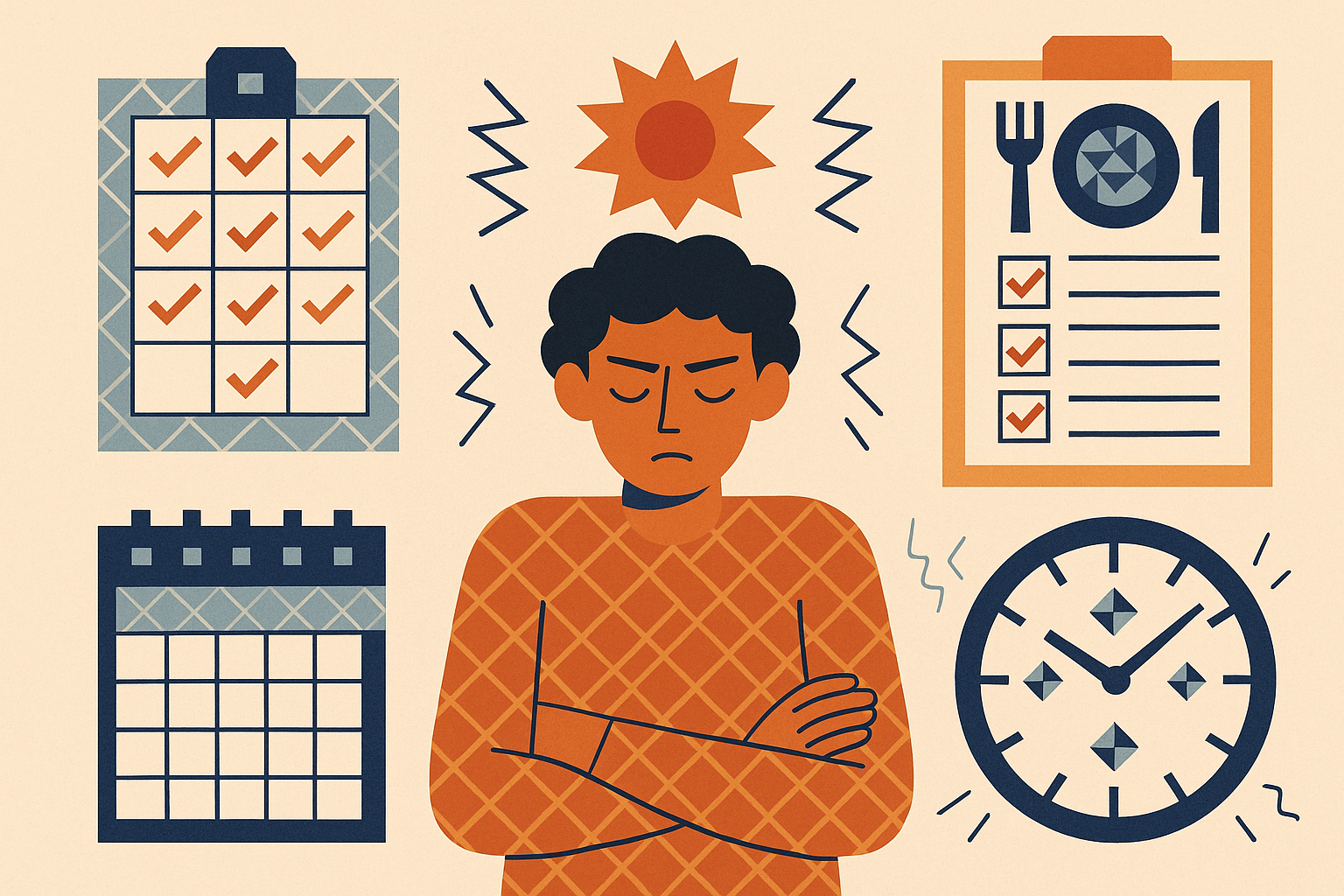
How Social Life Gets Complicated When You’re Counting Every Calorie
Nobody warns you about this part, but severe restriction turns you into a social hermit, and it happens so gradually you might not even notice until you’re eating dinner alone most nights.
Food is everywhere in our social lives. Birthday parties, work meetings, date nights, family dinners—they’re all built around eating together. When you can’t participate normally, you start feeling like an alien trying to navigate human customs.
The Slow Fade from Your Own Life
It starts innocently enough. You skip one happy hour because you can’t fit the calories in. Then you avoid your mom’s birthday dinner because you can’t control the portions. Before you know it, you’re declining invitations you used to love, and your friends stop inviting you altogether.
I had a client who realized she’d become “that person” when her best friend stopped texting her about dinner plans. “I guess I said no so many times, she figured I wasn’t interested anymore,” she told me. The worst part? She wasn’t even aware she’d been doing it.
Try explaining to your Italian grandmother why you can’t eat her homemade pasta, or to your coworkers why you’re not participating in the office potluck. Food isn’t just fuel—it’s how we connect, celebrate, and show love. When you can’t participate, you’re not just missing calories; you’re missing connection.
When Support Becomes Surveillance
Your family wants to help, but suddenly every meal becomes a group project. “Are you eating enough?” “That looks like a tiny portion.” “Maybe you should have some bread with that.”
The people who love you turn into the food police, and you find yourself hiding what you eat just to avoid the comments. It’s exhausting being watched and questioned about every bite.
Well-meaning support from family and friends can transform into additional pressure and monitoring that increases stress around food choices. Comments about portion sizes, questions about meal plans, and constant check-ins about progress can make eating feel like a performance rather than a personal choice.
Work Gets Weird Too
Ever tried to concentrate in a 3 PM meeting when you haven’t eaten since your 200-calorie lunch? Your brain fog isn’t just uncomfortable—it’s career-limiting. You’re making mistakes, forgetting things, and snapping at coworkers over stuff that normally wouldn’t bother you.
And don’t get me started on business dinners. Nothing says “professional” like spending 20 minutes interrogating the waiter about cooking methods while your colleagues just want to order and talk business.
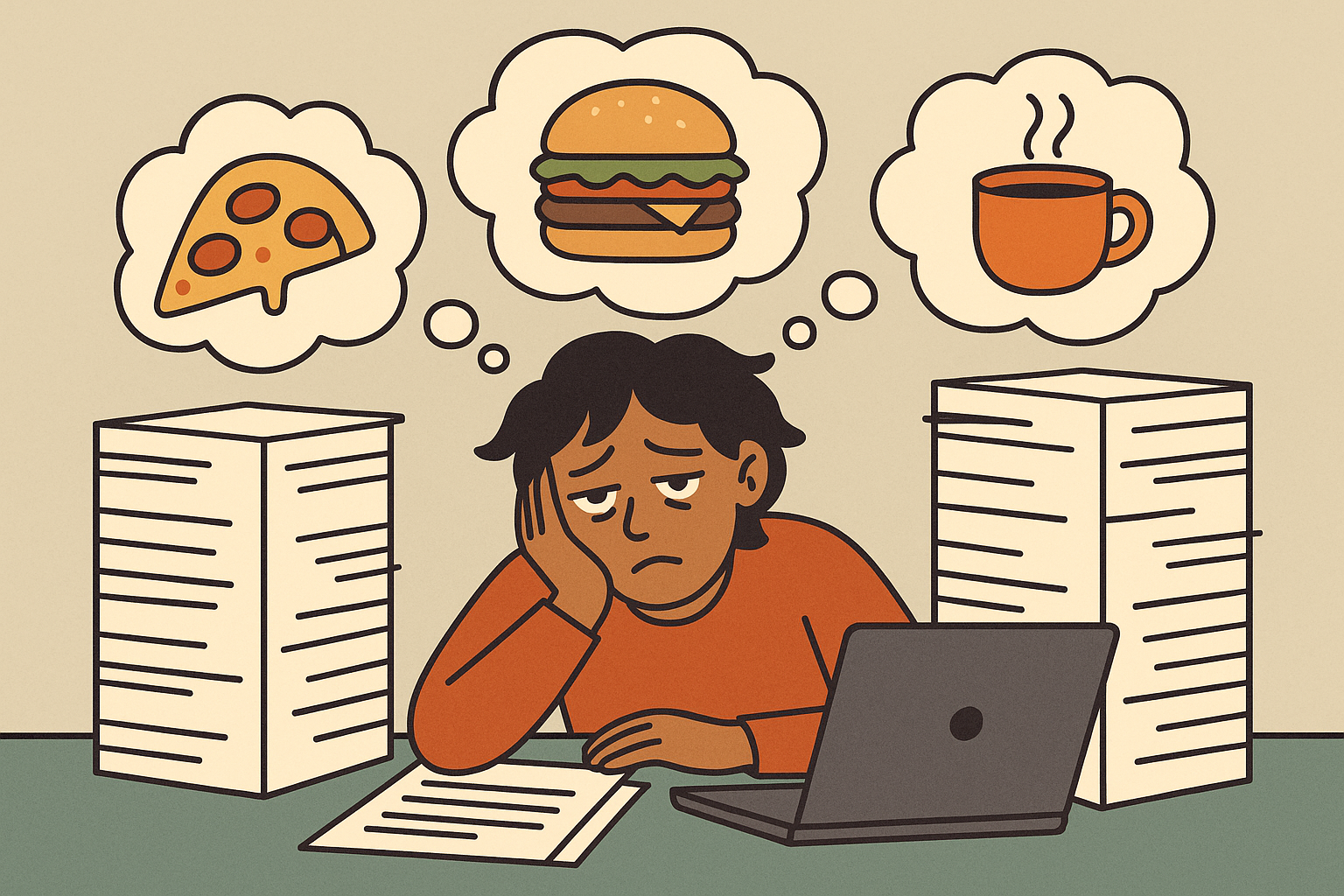
Navigating a World Built Around Food
Every environment becomes a potential obstacle course when you’re restricting this severely. The office break room, airport food courts, client dinners—they’re all designed around normal eating patterns, not extreme restriction.
Office birthday cake isn’t optional when it’s your boss’s birthday and the whole team is celebrating. But that slice could be half your daily calories. You’re stuck choosing between your diet goals and your professional relationships, and both choices feel wrong.
Airport food, hotel breakfast buffets, client dinners in unfamiliar restaurants—travel makes your carefully planned 1200-calorie days nearly impossible. You either stress-eat from the anxiety of not having control, or you don’t eat at all and arrive at your destination exhausted and irritable.
The American Heart Association recommends no more than 2,300 milligrams of sodium per day, with an ideal limit of 1,500 milligrams for most adults, yet many 1,200-calorie meal plans average around 1,446 milligrams of sodium daily, making restaurant meals and social dining particularly challenging to navigate. Source: Healthy for Life Meals
Jessica, a marketing manager, had to attend a three-day conference in Chicago. Despite packing protein bars and researching restaurant menus, she ended up eating only 800 calories on day one (airport delays), 2000 calories on day two (client dinner), and 600 calories on day three (guilt and restriction). The metabolic confusion left her exhausted for weeks after returning home.
Making It Work: A Reality-Based Implementation Guide
Okay, so you’ve read all the scary stuff and you still want to try this. I get it. Sometimes we need to learn things the hard way. But if you’re going to do it, let’s at least do it smart.
First reality check: Most people who attempt 1200 calories fail because they focus on hitting that magic number instead of focusing on what actually matters—getting the most nutrition possible from those limited calories and having a plan for getting out.
I’m going to be brutally honest here: most people who attempt this level of restriction fail because they obsess over hitting exactly 1200 calories while ignoring the quality of those calories and the exit strategy. That’s backwards thinking that sets you up for metabolic damage and psychological burnout.
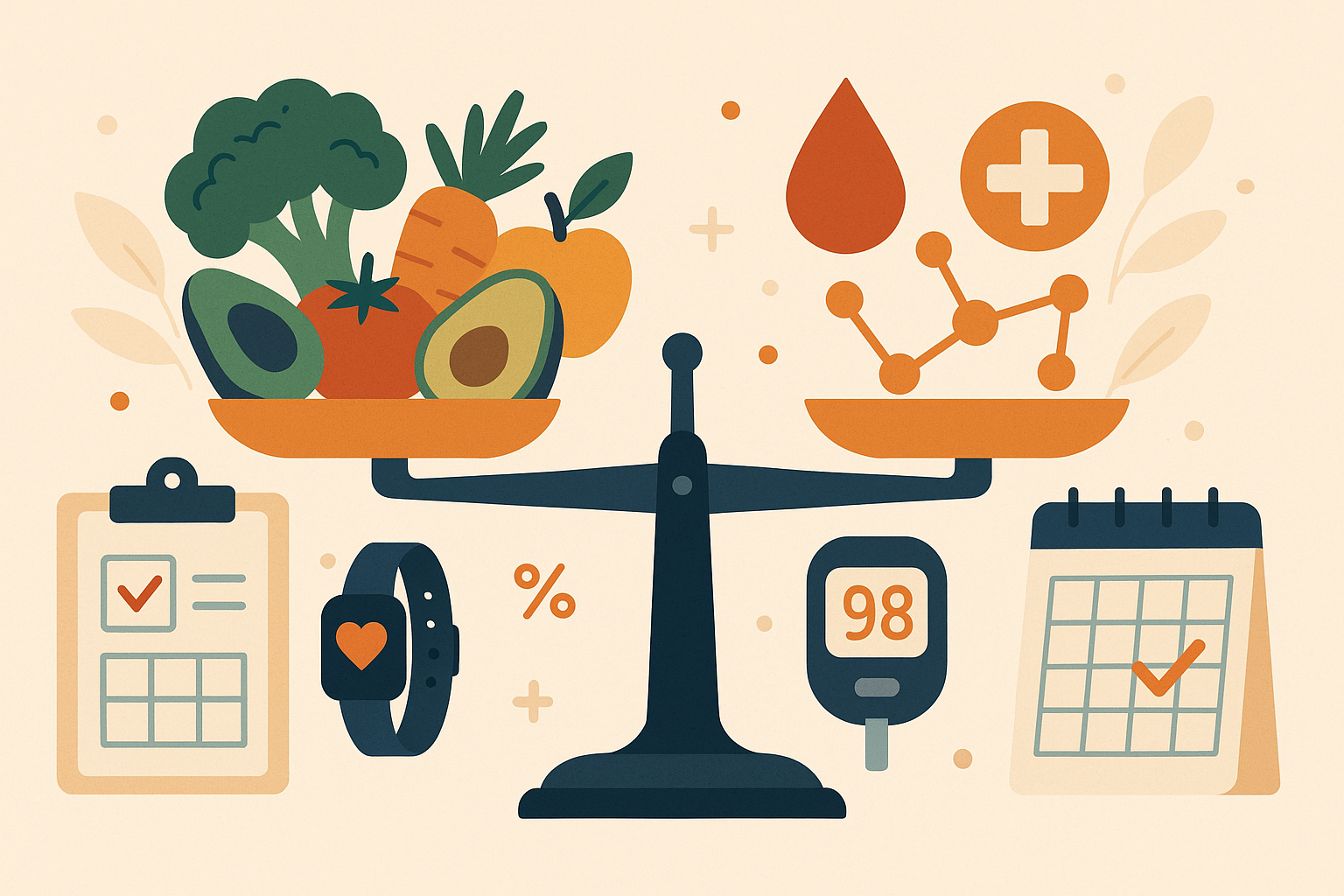
Every Calorie Has to Earn Its Place
With only 1200 calories to work with, you can’t afford to waste any on junk. But you also can’t be so rigid that you lose your mind. This is where the 80/20 rule saves your sanity.
Eighty percent of your calories should come from the most nutrient-dense foods you can find. Think of it like you’re packing for a trip with a tiny suitcase—every item has to serve multiple purposes.
The other 20%? That’s your mental health insurance. Maybe it’s a small piece of good chocolate, or half a glass of wine with dinner. Without this flexibility, you’ll probably end up face-first in a bag of chips at some point, and that’ll blow way more than 240 calories.
Understanding intuitive eating principles becomes even more important when following a restrictive weight loss program, as it helps you recognize hunger and fullness cues that extreme restriction can disrupt.
| Food Category | Calories You Should Spend | What You’re Getting | Real Food Examples |
|---|---|---|---|
| Lean Proteins | 300-400 (25-33%) | Complete amino acids, B-vitamins | Chicken breast, fish, eggs, Greek yogurt |
| Non-starchy Vegetables | 200-300 (17-25%) | Fiber, vitamins A/C/K, minerals | Spinach, broccoli, bell peppers, zucchini |
| Healthy Fats | 200-250 (17-21%) | Essential fatty acids, fat-soluble vitamins | Avocado, nuts, olive oil, seeds |
| Complex Carbs | 150-200 (12-17%) | B-vitamins, fiber, sustained energy | Quinoa, sweet potato, oats |
| Sanity Foods | 240 (20%) | Your mental health | Dark chocolate, wine, social foods |
Supplements Aren’t Optional—They’re Survival Tools
Don’t guess at this part. You literally cannot get everything your body needs from 1200 calories of food. I don’t care how perfectly you plan your meals—something’s going to be missing.
Get blood work done before you start. I’ve seen people develop B12 deficiency so severe it caused nerve damage, all because they thought a basic multivitamin would cover them. Your doctor might think you’re being dramatic, but severe restriction creates real deficiencies that show up in lab results.
Here’s your non-negotiable testing list:
- Get baseline blood work including B12, D3, iron, magnesium, and thyroid markers
- Implement targeted supplementation based on individual deficiencies and dietary gaps
- Schedule follow-up testing at 3-month intervals to monitor nutrient status
- Adjust supplementation protocol based on symptoms and lab results
Your Metabolism Will Slow Down—Let’s Control the Damage
Your metabolism is going to slow down. That’s not a maybe, that’s a guarantee. The question is how much and how long it stays that way.
Think of protein like insurance for your muscles. Your body can only use so much protein at once for muscle building. Eating 100g of protein in one meal and then having tiny amounts the rest of the day wastes most of it.
Here’s how to not screw this up:
- Calculate minimum protein needs (0.8-1.2g per pound of goal body weight)
- Distribute protein evenly across 3-4 meals, with 25-35g per meal
- Time protein intake within 2 hours post-exercise when applicable
- Prioritize complete protein sources with all essential amino acids
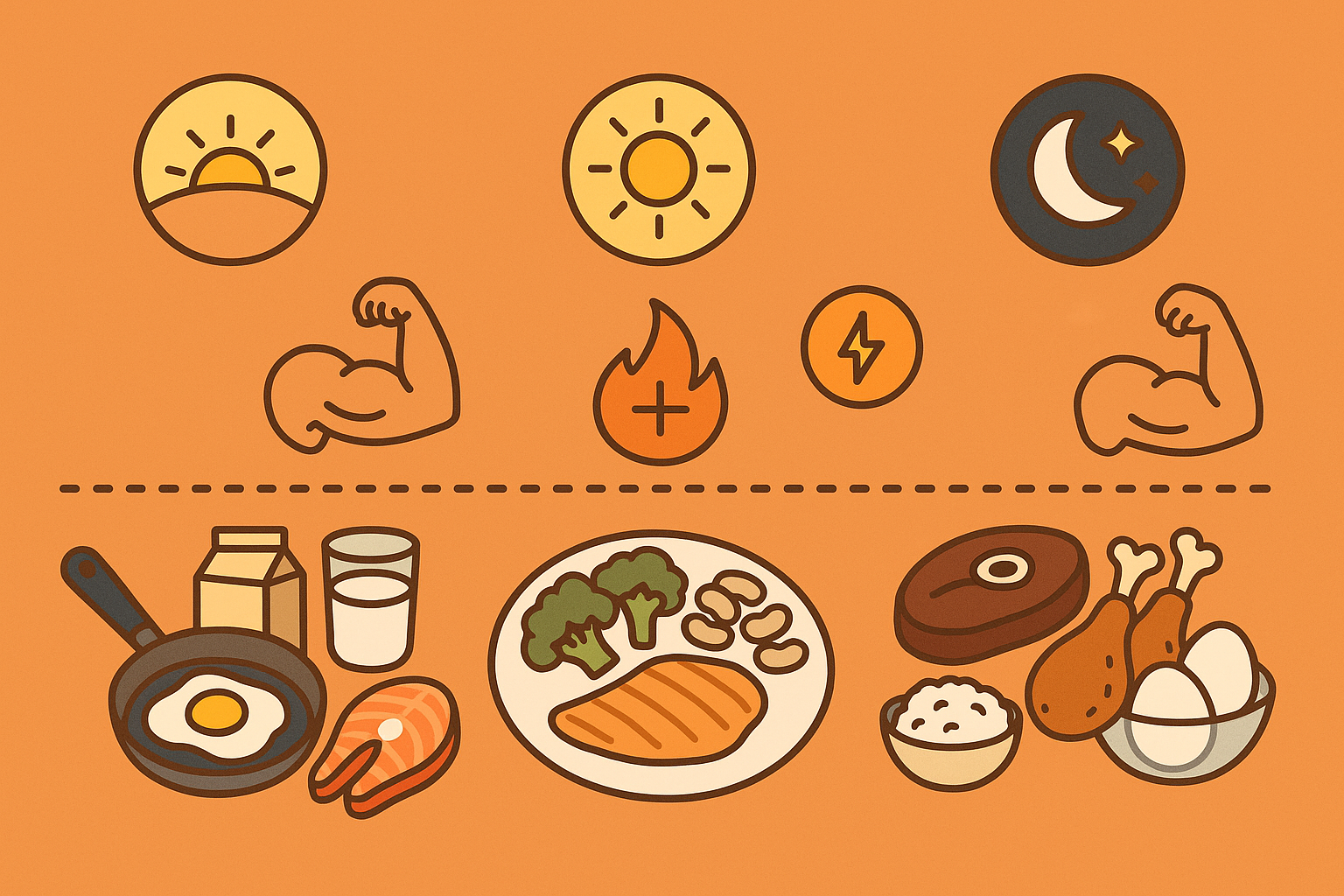
Strategic Refeed Days Aren’t Cheat Days
Strategic refeed days aren’t cheat days—they’re metabolic reset buttons. Once a week or so, you need to eat at maintenance calories to remind your body that the famine is temporary. Focus on clean carbs like rice, potatoes, and fruit. Your hormones need the glucose signal, not the guilt that comes with a pizza binge.
A refeed day isn’t permission to eat everything in sight. It’s a calculated intervention designed to tell your body that famine is over (temporarily). Your hormones need the glucose signal, not the emotional baggage that comes with a true binge.
Learning how to find your carb tolerance becomes crucial when planning refeed days, as understanding your individual carbohydrate needs helps optimize the metabolic reset without overshooting your goals.
Here’s your refeed game plan:
- Schedule one refeed day every 7-14 days depending on individual response
- Increase calories to maintenance level primarily through carbohydrates
- Monitor body temperature, energy levels, and sleep quality as metabolic indicators
- Adjust refeed frequency based on rate of weight loss and metabolic markers
Plan Your Exit Strategy Before You Start
This is the part most people completely ignore, and it’s the most important part. How are you going to stop restricting without gaining back all the weight plus more?
Most people spend months planning how to restrict calories and zero time planning how to stop restricting. That’s backwards. Your exit strategy is more important than your entry strategy.
Reverse dieting feels weird—you’re eating more food but trying not to gain weight. It requires trusting the process when your scale starts moving up (and it will, temporarily). But this is how you rebuild your metabolism instead of staying trapped in restriction forever.
The process takes months, which feels like forever when you just want to eat normally again. But consider the alternative: jumping straight back to normal eating and watching all the weight come back within weeks because your metabolism is still in hibernation mode.
Your step-by-step exit plan:
- Begin reverse diet when weight loss plateaus for 2-3 weeks despite adherence
- Increase calories by 50-100 per week, primarily from carbohydrates and fats
- Monitor weight, measurements, and energy levels weekly
- Continue until reaching estimated maintenance calories or desired metabolic markers
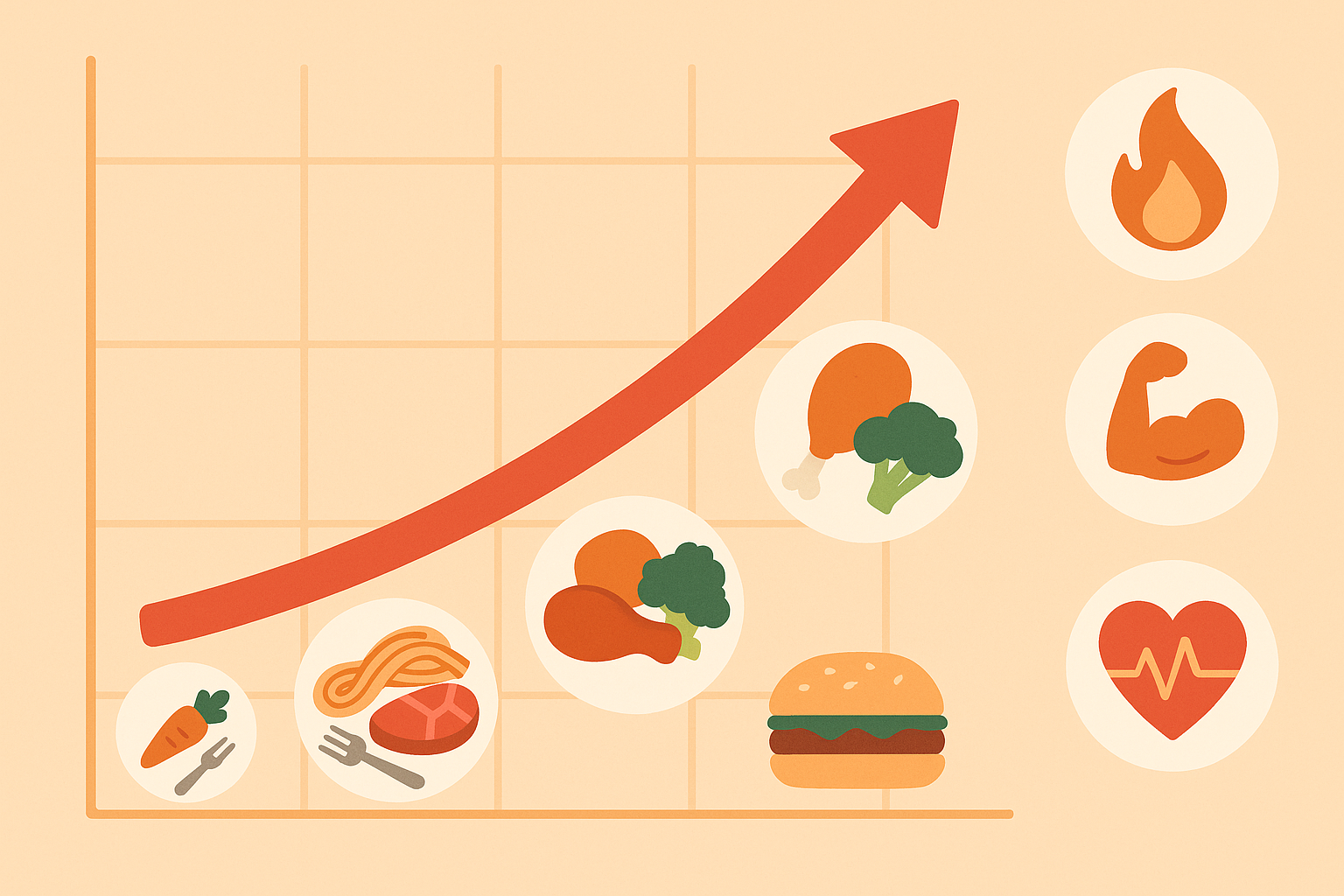
For those interested in supporting their journey with quality nutrition, exploring simple ways to beat bloat and improve digestion can help optimize nutrient absorption during periods of restricted intake, making every calorie count toward better health outcomes.
If you’re considering a 1200-calorie meal plan, Organic Authority’s approach to holistic wellness can provide the support system and high-quality supplements you’ll need to navigate this safely. Their focus on bioavailable nutrition and community support addresses two of the biggest challenges with severe restriction—nutrient deficiencies and social isolation. Check out their carefully curated supplement recommendations and join their wellness community for the kind of informed support that makes the difference between short-term restriction and long-term health transformation.
Additionally, understanding why dietary fiber is the real macronutrient you need to watch becomes essential when calories are severely limited, as adequate fiber intake supports satiety, digestive health, and nutrient absorption—all critical factors for success on any restrictive eating plan.
Final Thoughts
Look, I’m not going to sugarcoat this—1200 calories is hard. Really hard. Your body will fight you, your brain will obsess over food, and your social life will require constant navigation around eating situations.
But here’s what I want you to understand: if you try this and struggle, that doesn’t mean you’re weak or broken. It means you’re human, and your body is working exactly as designed—trying to keep you alive. These aren’t character flaws or lack of willpower—they’re predictable biological and psychological responses to severe restriction.
A 1200-calorie meal plan isn’t just a diet—it’s a complex intervention that affects every system in your body and every aspect of your life. While it can be implemented safely with proper planning, supplementation, and medical oversight, the psychological and social costs are often underestimated. Success requires understanding that this level of restriction is temporary by necessity, not by choice, and having a clear plan for transitioning back to sustainable eating patterns.
If you decide to pursue this level of restriction, do it with your eyes wide open. Get baseline blood work, invest in quality supplements, plan your refeed days, and most importantly, have an exit strategy before you start. The people who succeed long-term aren’t the ones who can restrict the most perfectly—they’re the ones who can transition back to normal eating without losing their minds or their metabolic health.
Remember that sustainable weight loss doesn’t require suffering. Sometimes the slower path is actually the faster one when you consider how much time people spend yo-yo dieting between extreme restriction and weight regain. Your future self will thank you for choosing the approach that preserves your metabolism, your mental health, and your ability to enjoy food and social connections for years to come.
The goal isn’t just losing weight; it’s maintaining your health, relationships, and sanity throughout the process and beyond.

